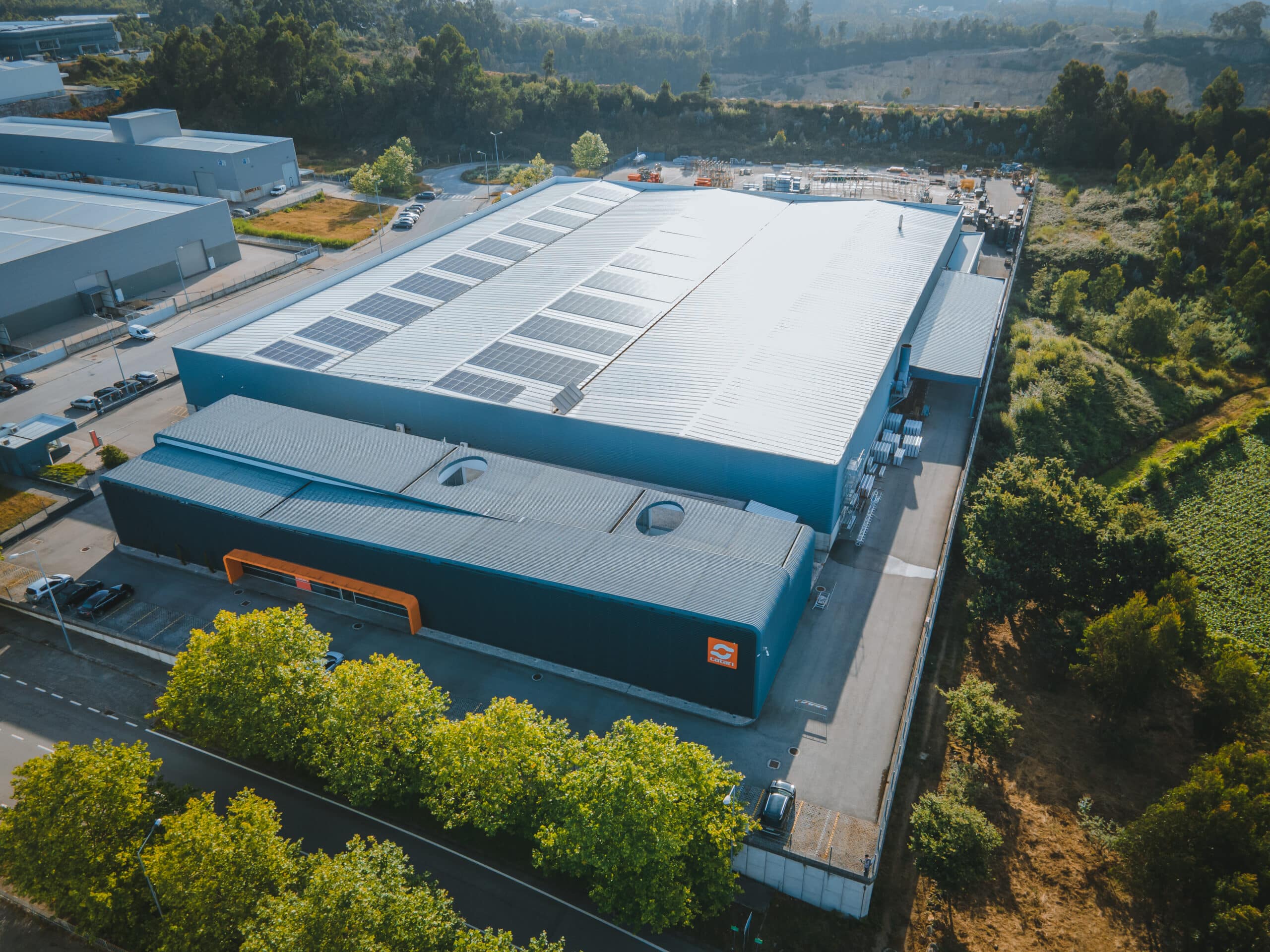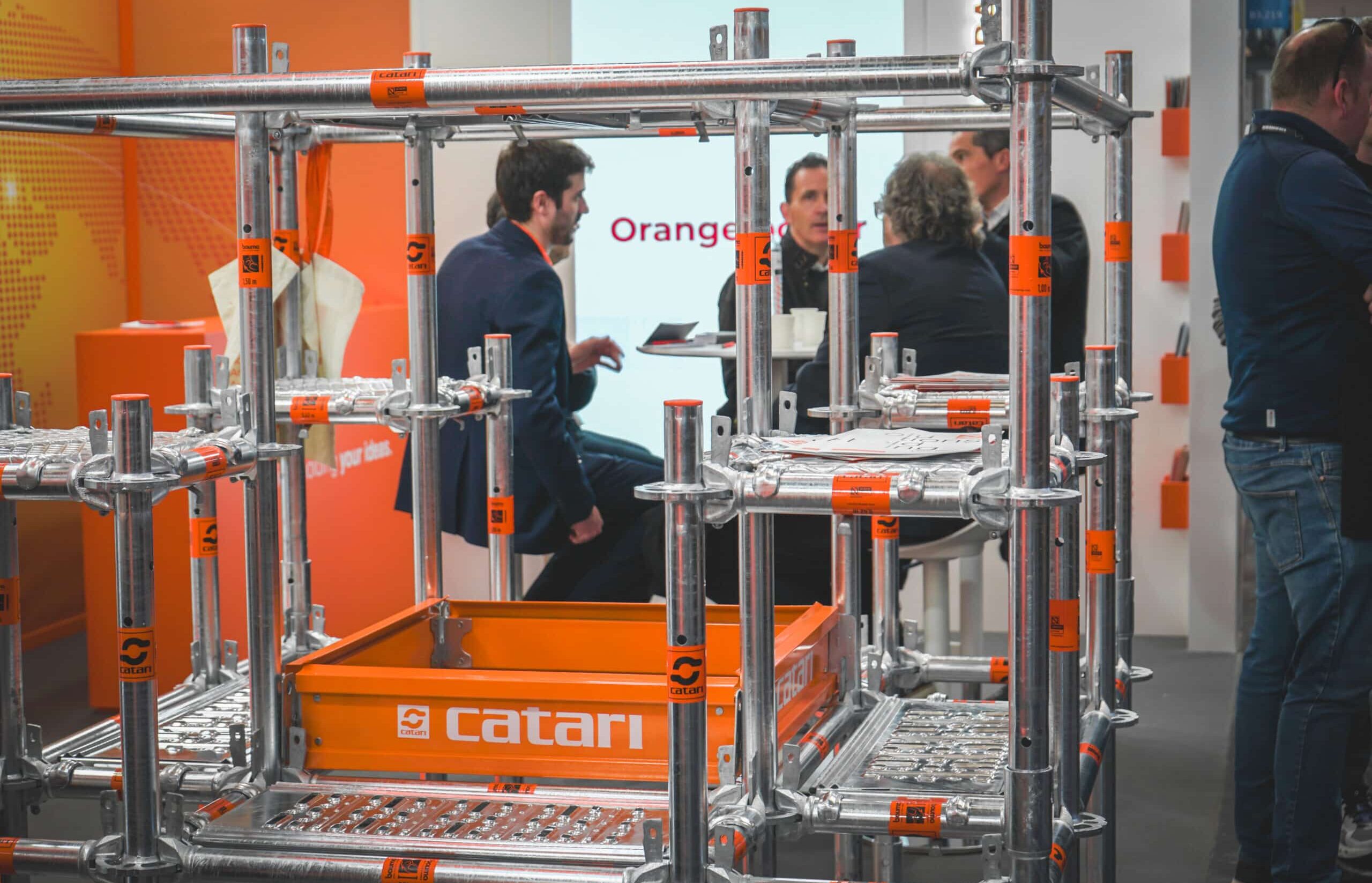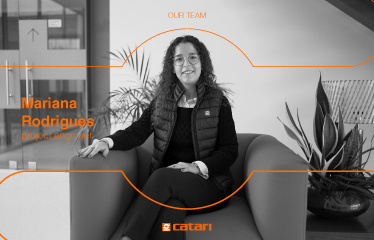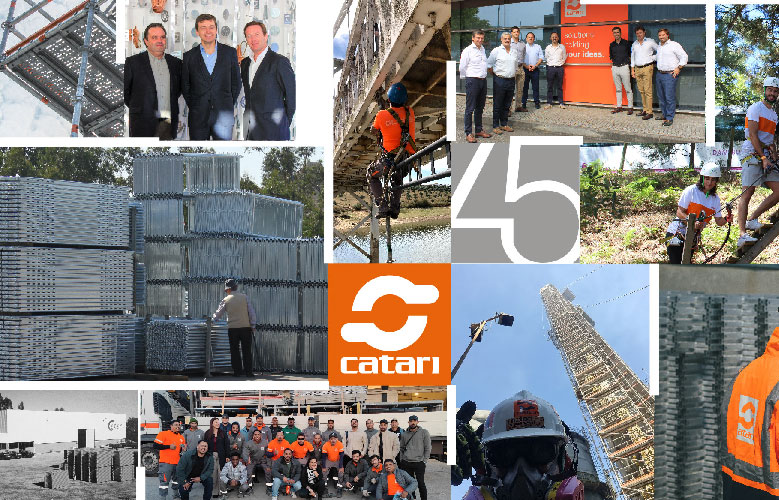
Paving the road for a sustainable production plant
The manufacturing industry faces a time where it has become crucial to increase efficiency and reduce the energy utilization of process heating systems to be competitive, while reducing fossil fuel use and greenhouse gas emissions. With the costs of buying energy reaching all time heights, piking in 2022 at 500% more when compared with 5 years ago on the wholesale market, alternative energy has become much more cost competitive. Adding to that, available incentives or credits make renewable power a cost-saver versus traditional sources.
The decreasing costs of renewables paired with rapid technological improvements have helped Catari decide to take the step and dive into a considerable investment in a solar photovoltaic system. The 287.28 kWp installed power capacity via 532 solar panels of 540w each, will cover a total area of 1 400 sqm on the roof of Catari’s headquarters and manufacturing plant, in Vale de Cambra, Portugal.
A projection carried out by the project office, 53% of Catari’s daytime period energy consumption will be covered by this setup, totalling 33% of the annual needs for the scaffolding manufacturer.
Aiming for a total production of 400 000 kWh in the first year, the solar produced energy will go into running heating and cooling systems, operating heavy and automated equipment, and providing light and climate control through manufacturing facilities, among other things. The unused energy, that should average 38% of the annual capacity will go directly into the power grid, at a price, to maximise profitability and increase the overall green energy share in Portugal.
Regarding the near future, Catari is very optimistic in this paradigm shift of and urges to sharpen it even more, by optimizing the scaffolding production to meet peak energy generation hours, adjust shifts in the metalworking area, maximise the use of battery-based vehicles and machinery and, ultimately, double the number of panels in the next 5 years.
Fossil fuels are in any event finite resource, so it makes no sense to continue to rely on them for manufacturing Catari scaffolding systems in a long-term projection.



